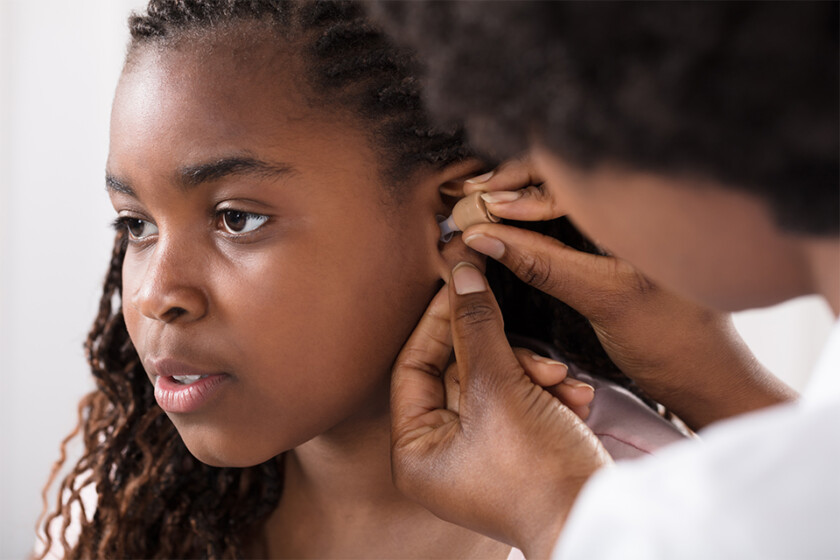
Audiologists are important healthcare providers who make a significant difference in the health and quality of life for the millions of people who experience hearing and balance difficulties because they evaluate, treat, and manage these conditions as part of the healthcare team.
Hearing loss is one of the most common chronic conditions, in adults. Dizziness is one of the most common reasons people seek medical care. In adults, hearing loss is emerging as an important marker of overall health, of a risk for cognitive decline, the risk for falls, and other negative health outcomes. In children, it is well established that early identification and management of hearing loss is critical to the development of language and speech.
Clinical Audiologists evaluate, diagnose, and rehabilitate problems related to hearing and balance.
Audiologists use a variety of equipment and innovative technology combined with interpersonal, critical thinking, and problem-solving skills in order to identify the needs of their patients. The occupation involves a diversity of tasks and skills. It provides an opportunity for flexibility in the type of work environment and in areas of specialty.
Audiologists serve patients of all ages, from newborns to aging adults. They provide services in standalone private practices, multi-specialty practices such as otolaryngology offices, hospitals, school systems, industry, the military, and within the Veterans Administration. Some audiologists choose to specialize in areas such as helping those with tinnitus, working with cochlear implants, performing intraoperative monitoring, or conducting research.
If you are a compassionate person who is interested in healthcare and wants to have a fulfilling career working with technology in a helping profession that makes a significant difference in the health and quality of people’s lives, consider becoming an audiologist.
How to become an Audiologist:
- Earn your Bachelor’s degree. Most often, this is in Speech, Language and Hearing Sciences or Communication Sciences and Disorders; however, other related science degrees will prepare you for graduate study in audiology.
- Earn your Clinical Doctorate in Audiology- Au.D. This is a graduate degree and a clinical training program that combines classroom instruction and clinical practicum (hands-on learning and instruction). Au.D. programs are typically three years of course work with clinical rotations, followed by a one-year (approximately 40-48 week) externship of full-time clinical practice under the supervision of an audiologist.
- Your training and your Au.D. degree will prepare you for passing a national examination, provide eligibility for licensure and prepare you to be an audiologist virtually anywhere in the world.
The need for audiologists is projected to continue to grow faster than average in the United States. There is also a significant need for audiology services worldwide.
To learn more:
Review these resources from the Student Academy of Audiology and the American Academy of Audiology. Find a local audiologist and ask to shadow them so you can experience their work environment and learn about a rewarding career in audiology. If you are already interested in speech and hearing sciences but are not sure whether you are more interested in a career as a Speech Language Pathologist or an Audiologist, try this quiz.
